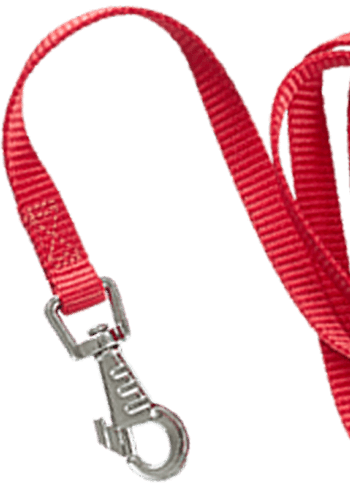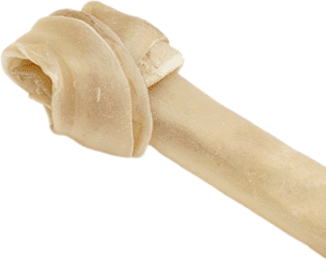


Whether you’re looking to better your dog’s diet or are guilty of feeding them scraps from the table, dog owners might eventually wonder if their canine friends can safely eat tuna fish.
After all, cats love tuna—so why wouldn’t dogs?
Many experts differ on whether or not tuna is good for dogs. Some argue that eating a little bit of tuna is safe, while others say that feeding your pup any can pose several risks. In this post, we’ll take a closer look at whether or not dogs and canned tuna mix well together.
So, is canned tuna good for dogs?
It’s not technically good for them, but they are allowed to eat it in small amounts. The key to feeding your dog tuna fish is sticking to moderation and avoiding large quantities over the span of several days. Like people, dogs should only be allowed to have an admissible amount of tuna each week at most.
Generally speaking, tuna fish is safe for your dog to eat. It won’t cause an allergic reaction like chocolate or pecans would. However, many experts advise against doing so because of some of the most concerning risks, like mercury poisoning, parasite contamination risks, and high sodium levels.
While most fish is safe to eat, tuna has a significantly increased risk of high mercury levels. Mercury is a naturally-occurring heavy metal that is highly toxic when consumed in generous amounts.
In the ocean, mercury comes from several sources, like chemical power plants, coal-fired electricity generation, forest fires, volcanic eruptions, and burning fossil fuels. When chemical runoff pollutes the water, they’re absorbed by ocean life, like tuna fish.
Fish absorb mercury from eating and from water as it’s passed on through their gills. Tuna has an exceptionally high risk because they are both predators and prey, which means that their mercury levels bioaccumulate longer through the food chain.
Here are notable signs of mercury poisoning in dogs:
If you want to feed your dog tuna, then a tablespoon once a week should be more than enough.
As dog owners, many of us wonder where our dog’s food truly comes from. However, while tuna is a common ingredient, there’s always a risk of contamination and parasites, especially depending on where the tuna was caught.
For example, 64 percent of Pacific bluefin tuna found in Japanese waters contained the parasite Kudoa hexapunctata. Additionally, tuna found off the coast of Iran also had parasites. Some of the most common types are roundworms, tapeworms, and flukes.
Symptoms of parasites and contamination in your dog aren’t hard to miss. If you’ve fed your pup tuna recently and you begin noticing any of these signs, then they may be sick with contamination:
While you can’t always pinpoint exactly where your dog’s food comes from, it’s always a good idea to check the ingredient list and source of manufacturing.
Sodium is in almost everything, but like people, dogs shouldn’t have too much sodium in their daily diets. However, tuna is a saltwater fish, which means that they are jam-packed with sodium.
Sodium is essential to your dog’s diet, but moderation is critical. The National Academies of Science, Engineering, and Medicine says that a dog weighing 33 pounds should have no more than 200 milligrams of sodium per day. However, a 3-ounce can of tuna has 300 milligrams alone.
A buildup of sodium in your dog can lead to hypernatremia, or having too high sodium concentrations in the blood. This medical condition can lead to dehydration, fast heart rate, and low energy levels.
Keep in mind that if your dog has a little tuna now and then, that doesn’t mean he or she will suffer from hypernatremia. Your dog would have to be large quantities of tuna over some time for your dog to even get sick this way.
The verdict on whether or not canned tuna is ok for dogs is a mixed one, but tuna is generally safe for dogs in appropriate amounts.
However, because of its risks and conflicting statements from pet professionals, it’s a good idea to avoid it whenever possible. This way, you can prevent any chance of mercury poisoning, parasites and contaminants, and high sodium levels.
Instead, consider feeding your dog safe foods, like:
If you need more information on what kind of diet your dog should be on, then check out Snowy Pines’ Labrador Feeding Guide, which tells you everything you need to know about feeding amounts and food types to help grow your lab into a healthy adult.